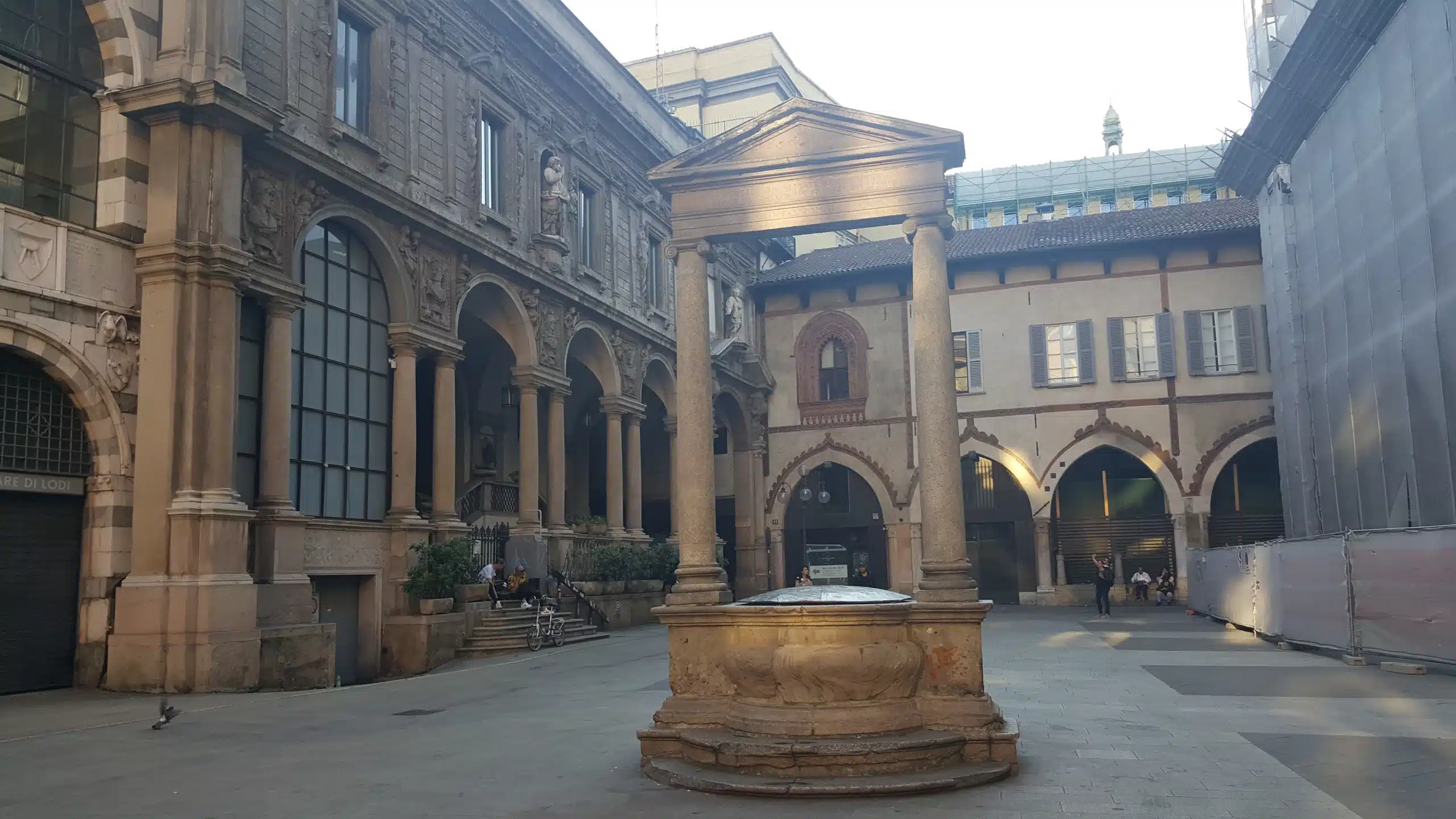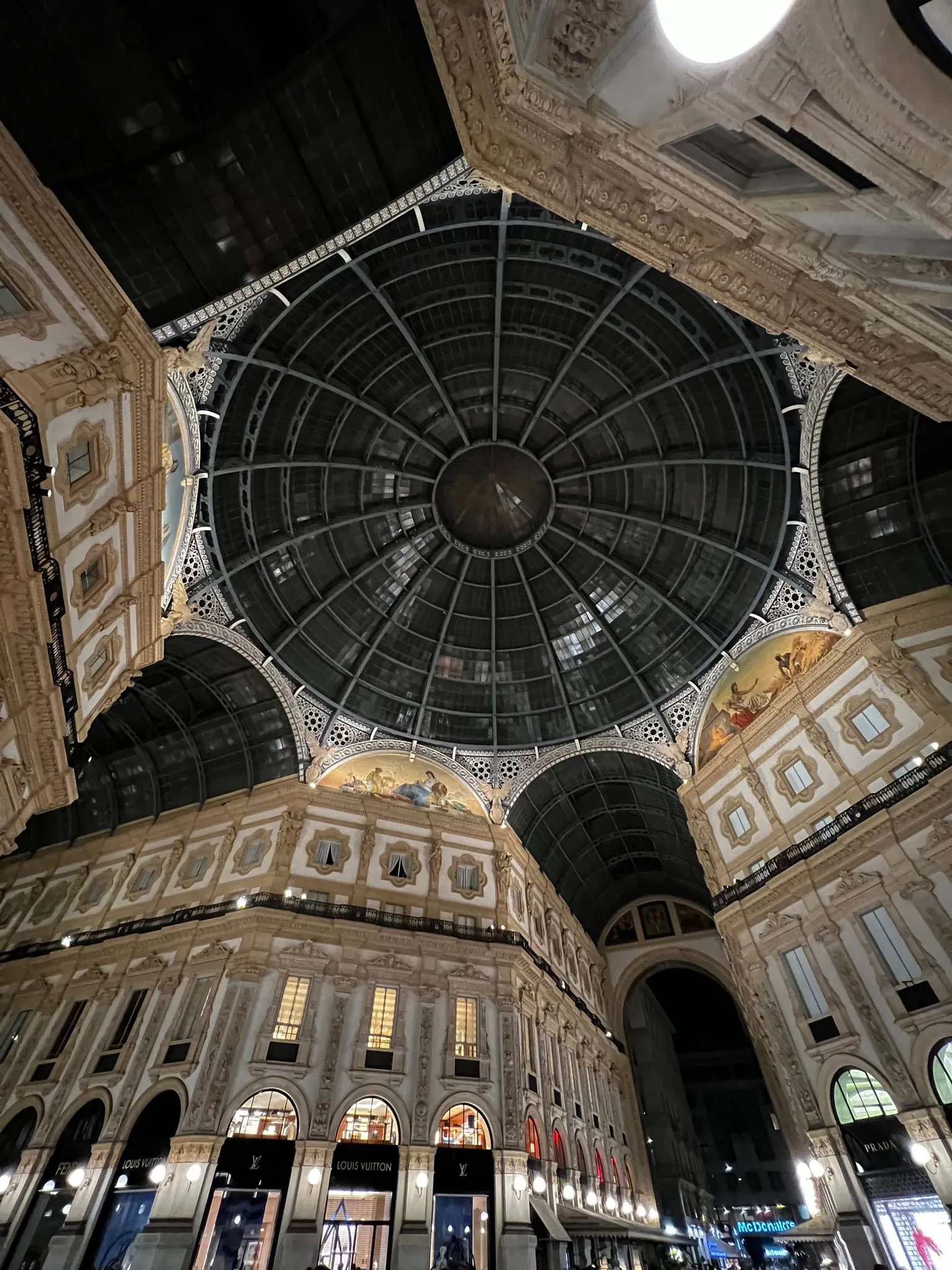Real estate Milan: Buying an apartment in Milan, one of Italy’s most dynamic and prestigious metropolises, presents both exciting opportunities and unique challenges. The city, globally recognized for its design, fashion, and economic importance, is currently experiencing high demand in the real estate market, contributing to a significant rise in prices. This trend, fueled by Milan’s economic vitality and cultural appeal, has created a dynamic yet competitive real estate landscape. Explore the nuances of the Milanese real estate market, where finding the ideal property requires a deep understanding of trends, neighborhoods, and financial considerations. Buying an apartment in Milan represents much more than just a real estate investment; it’s also an opportunity to immerse oneself in the rich cultural and social fabric of a constantly evolving city
SUMMARY
- Why invest in Milan real estate?
- How to invest in the Milan real estate market?
- Finding luxury apartments and affordable homes in Milan
- Top ares to buy property in Milan
- Bed and breakfast
Why invest in Milan real estate?
Houses prices Milan
According to an article in the newspaper Il Giorno from October 2023, buying a house in Lombardy and Milan costs about 20% more compared to 2021, and rents have also increased by 11% in just six months.
According to Fimaa of Milan, the cost of a new apartment in Milan was around 6,340 euros per square meter (+18% compared to 2021), a recent apartment cost 5,060 euros (+20.6%), and a less recent apartment cost 3,986 euros (+23.9%).
In January 2024, according to data from Immobiliare.it, the average price per square meter in Milan is 5,377 euros with peaks at 7,700 euros per square meter in Porta Genova, Porta Venezia, Quadronno, and Palestro.
Legal requirements for buying a property in Milan
Purchasing a property in Milan involves several legal steps that ensure a smooth and compliant transaction. First, once you’ve identified the property, a preliminary agreement (compromesso) is signed between the buyer and seller, accompanied by a deposit of 10-20% of the purchase price. This agreement legally binds both parties and outlines key terms, including the final price, conditions, and timeline for completion.
Before proceeding, due diligence is essential. This involves verifying the ownership title, ensuring the property aligns with cadastral records, and checking for any pending debts, legal issues, or non-compliant renovations. A notary (notaio) plays a critical role here, overseeing the process, conducting checks, and preparing the final sale contract (rogito). The rogito is signed in the presence of the notary, at which point the remaining balance, taxes, and notary fees are settled.
Buyers must also budget for taxes and fees, such as the registration tax (imposta di registro), notary fees, and any agency commissions. After the purchase, the property must be registered in your name, and utilities transferred accordingly. Partnering with legal experts or bilingual professionals is highly recommended to navigate these steps smoothly, especially if you’re unfamiliar with Italian regulations or don’t speak the language.
Choosing between apartments and houses in Milan
When deciding between apartments and houses in Milan, the choice largely depends on your budget, lifestyle, and investment goals. Apartments are the most common type of property in Milan, particularly in central and well-connected areas where demand for smaller, modern spaces is high. They offer a practical option for both residents and investors looking for rental income, especially in districts popular among students, professionals, and tourists. Houses, on the other hand, are less common and tend to be located on the outskirts or in quieter residential neighborhoods. While they offer more space and privacy, they also come with a higher price tag and maintenance costs. For those seeking value, apartments often provide greater flexibility and a better return on investment within the city’s dynamic real estate market.
Finding luxury apartments and affordable homes in Milan
Milan offers a diverse real estate landscape, accommodating both luxury seekers and budget-conscious buyers. For those looking for high-end properties, neighborhoods like Brera, Quadrilatero della Moda, and Porta Nuova feature luxury apartments with elegant interiors, modern amenities, and proximity to Milan’s fashion and business hubs. These areas are particularly attractive to international investors and affluent residents. On the other hand, affordable homes can be found in up-and-coming districts such as Bovisa, Bicocca, and Corvetto, where prices are lower but still show strong growth potential. These neighborhoods are increasingly popular with young professionals and families seeking more accessible options while benefiting from Milan’s expanding infrastructure and improving quality of life.
Top ares to buy property in Milan
Milan is a city of neighborhoods, each offering unique opportunities for real estate investment. For prime locations, Brera and Quadrilatero della Moda stand out for their charm, exclusivity, and luxury appeal. These areas are ideal for high-value investments and short-term rentals targeting tourists and business travelers. For modern, upscale living, Porta Nuova and CityLife are key areas with contemporary developments, cutting-edge architecture, and excellent amenities. Meanwhile, districts like Isola, Navigli, and Tortona have become vibrant cultural hubs, perfect for younger buyers and investors looking for strong rental demand. For more affordable investments, emerging areas such as Bovisa, Lambrate, and Corvetto offer competitive prices with great potential for appreciation as Milan continues to develop its infrastructure and transport links.
Bed and breakfast
Opening a bed and breakfast in Milan could represent a good investment. According to data gathered by Airdna, the annual occupancy rate is 63% for B&B offerings in Milan, with an average nightly price of 151.4 euros and an average income of 34,800 euros (up 3% from the previous year). However, it’s important to create a business plan with one of our accountants before diving into a real estate investment in Milan, in order to make projections and calculate the profitability and feasibility of your project.
Are you ready to buy an apartment in Milan?
FAQs
1-Can foreigners buy property in Milan?
Yes, foreigners can buy property in Milan without restrictions. Italy allows non-residents and foreign nationals to purchase real estate, provided their home country has a reciprocal agreement with Italy. Non-EU buyers may need to obtain a tax identification number (codice fiscale) and open an Italian bank account to facilitate the purchase process. Partnering with bilingual professionals or legal experts can simplify navigating the paperwork and local regulations.
2-What are the house prices in Milan?
House prices in Milan vary significantly depending on the neighborhood. In central areas like Brera and Quadrilatero della Moda, prices can exceed €10,000 per square meter, reflecting the luxury and demand for these prime locations. In modern districts such as Porta Nuova and CityLife, prices average between €6,000 and €9,000 per square meter. For more affordable options, emerging neighborhoods like Bovisa, Corvetto, and Lambrate offer properties starting around €3,000 to €4,500 per square meter. Prices have been steadily rising, reflecting strong demand and Milan’s growing status as a key economic and cultural hub.
3-How much does it cost to live in Milan?
The cost of living in Milan is higher than in most Italian cities due to its status as Italy’s economic and fashion capital. On average, monthly expenses for a single person range from €1,500 to €2,500, including rent, utilities, groceries, and transportation. Renting an apartment in central areas can cost between €1,500 and €2,500 per month for a one-bedroom unit, while in outer neighborhoods, rents drop to around €900 to €1,300. Dining, transportation, and entertainment are slightly above national averages, but Milan offers an excellent quality of life, world-class amenities, and vibrant cultural experiences.

